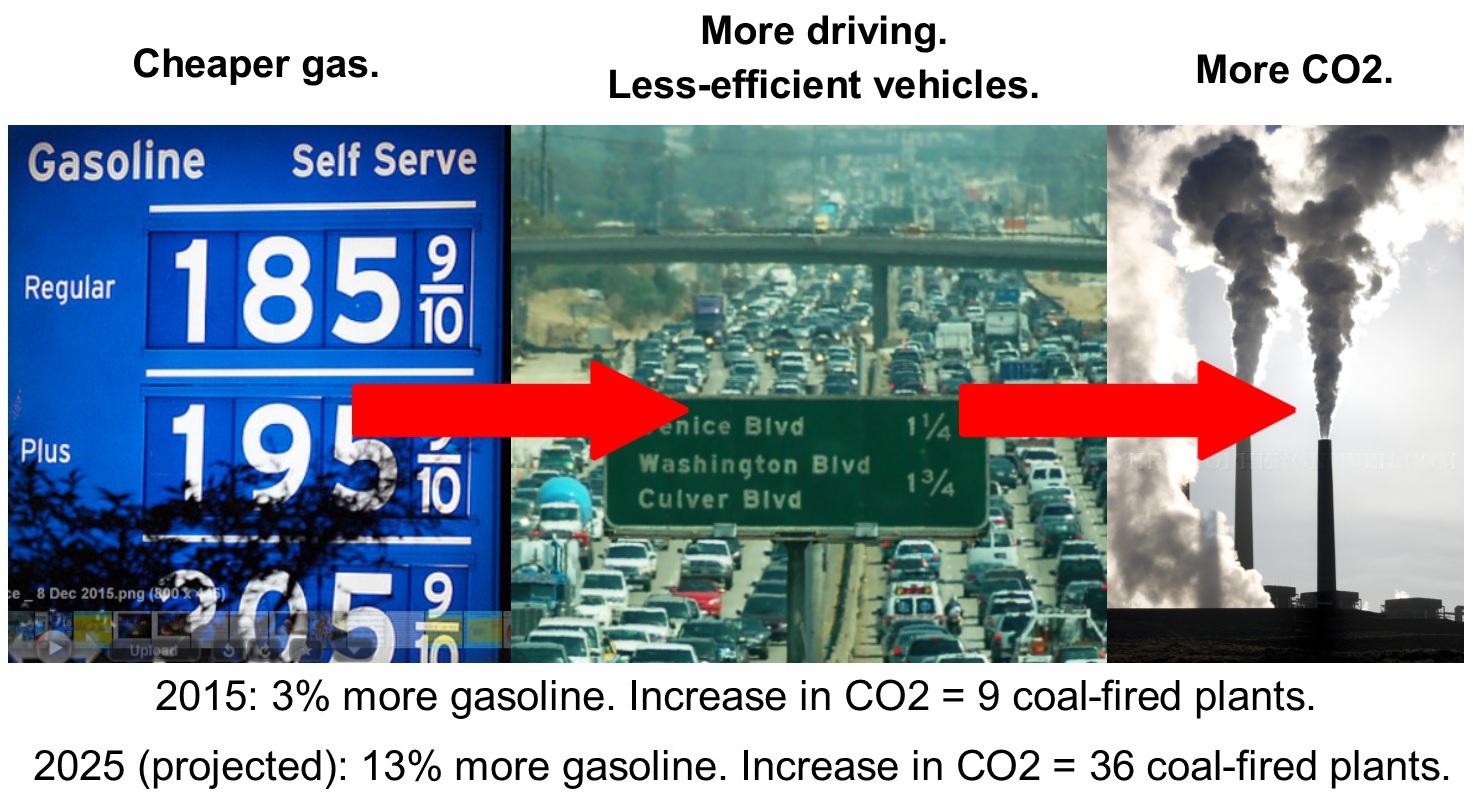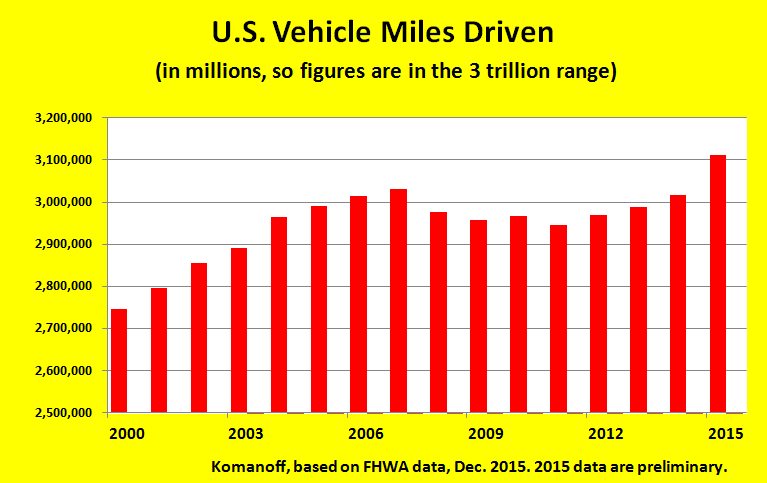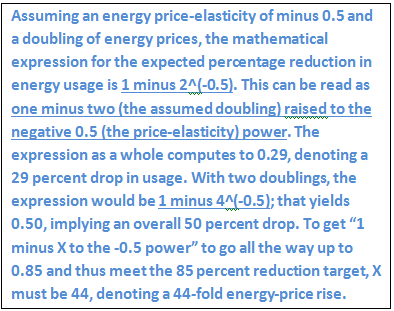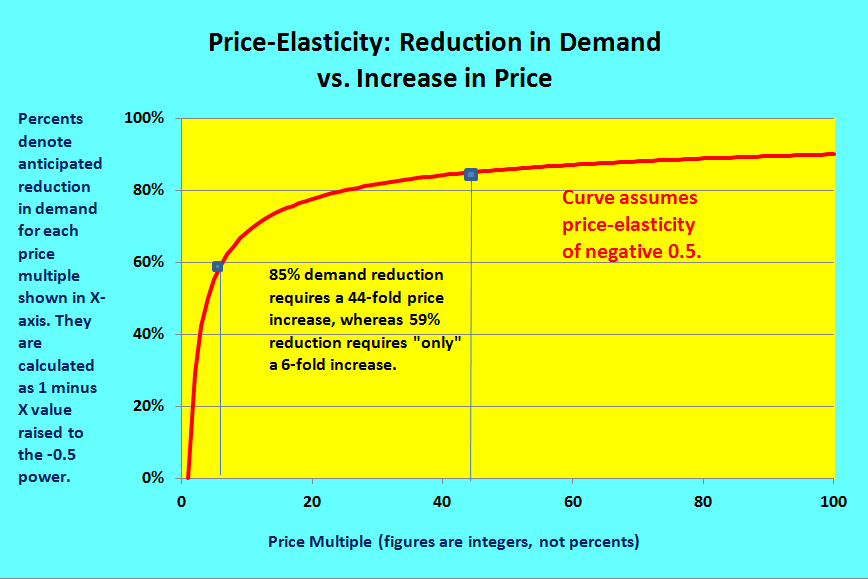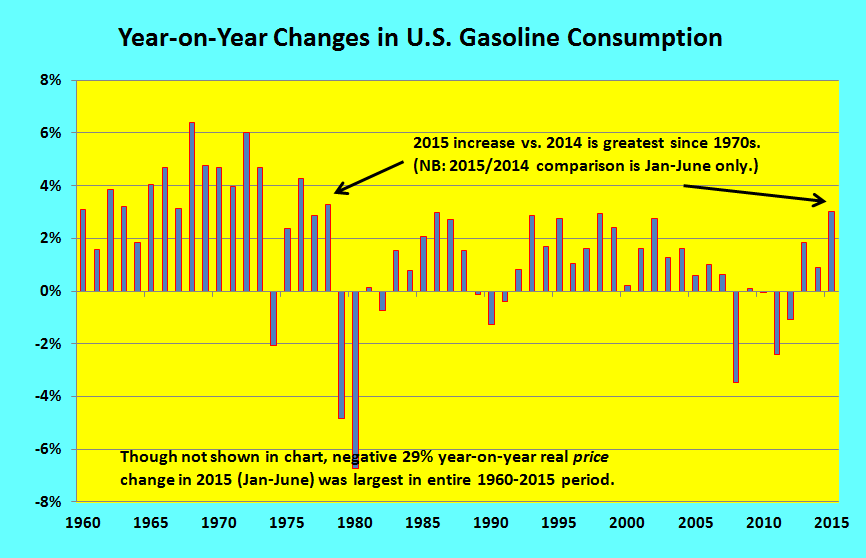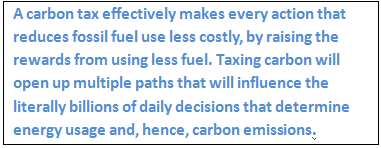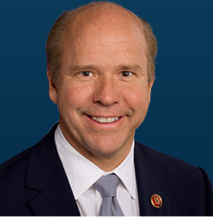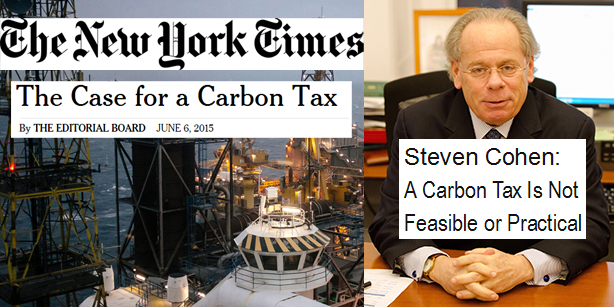“Climate change just keeps getting scarier,” Paul Krugman rightly pointed out in his biweekly New York Times column yesterday. But fear not, he instructs. A “renewable-energy revolution” is brewing in America — one that won’t require threading a carbon tax through the climate-denying GOP Congressional majority.
This “remarkable technological progress in renewable energy,” which Krugman partly credits to Obama administration stimulus and tax breaks that helped wind and solar scale up and drive down costs, has “put the cost of renewable energy into a range where it’s competitive with fossil fuels.” The U.S. will soon be “leading the world” down the low-carbon path, promises Krugman, so long as the presidency, and Obama’s Clean Power Plan, stay out of Republican clutches.
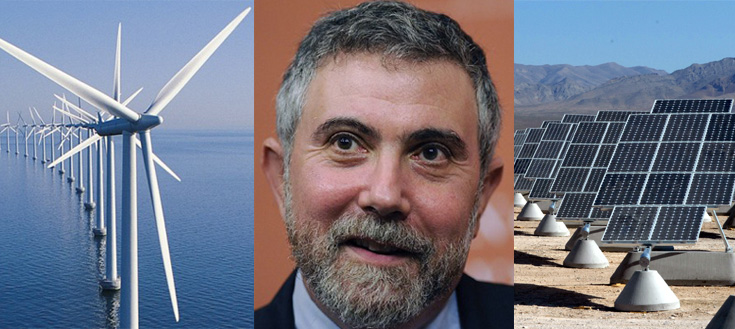 Leaving aside the fact that the global renewables revolution already has a leader (hint: it’s Europe’s largest economy), there are many reasons to question Krugman’s implicit suggestion that the U.S. and the world can banish carbon fuels fast enough to avert catastrophic climate change without a serious carbon tax in the policy mix. Here are a few:
Leaving aside the fact that the global renewables revolution already has a leader (hint: it’s Europe’s largest economy), there are many reasons to question Krugman’s implicit suggestion that the U.S. and the world can banish carbon fuels fast enough to avert catastrophic climate change without a serious carbon tax in the policy mix. Here are a few:
Demand matters (not just supply) — A renewables-only revolution leaves intact the demand side of the carbon equation. Yet human appetites for energy have proven so boundless that, absent robust prices on carbon emissions, energy demand will invariably outrun the output of even optimized solar and wind power systems — at least during the 50-year time horizon in which our climate fate will be decided.
There’s a new climate villain: cheap oil — With gasoline again going for two bucks a gallon, driving is up and fuel economy is down. Even the Obama administration’s vaunted CAFE standards can’t hold back such powerful price signals. Last year’s bump in U.S. cars’ and trucks’ emissions — the CO2 equivalent of nine good-size coal-fired power plants — will be just the beginning, unless we raise fuel taxes.
Scaling up wind and solar isn’t child’s play — To underscore the first point, take a look at the 100%-renewables plan drawn up for New York State (where both Krugman and I happen to live) by a crack team of physicists and engineers from Stanford. Their zero-carbon and zero-nuclear plan requires 17,000 giant offshore and land-based wind turbines to power just half of the state’s transportation, heating, industry and electricity. (The other half of the energy would come from masses of rooftop solar cells, solar PV and thermal plants, plus existing hydro dams.) Cutting that very tall order down to manageable size cries out for a carbon tax.
Tax breaks cost money — Fiscal-scolding isn’t our thing, but someone must pay for Krugman’s touted solar investment tax credits and wind production tax credits — not to mention ethanol mandates. Moreover, energy subsidies are notoriously hard to dislodge (notwithstanding Sen. Ted Cruz’s victory in yesterday’s Iowa Republican caucuses despite his attacks on ethanol subsidies). And it isn’t necessarily the wealthy who foot the bill, as we showed two years ago in our paper comparing carbon taxes with clean-energy subsidies.
We get that Krugman, an implacable foe of Republican know-nothingism since at least the 2000 elections, thinks it’s essential to keep a Democrat in the White House this November. We also appreciate his “tipping point” argument that “Once renewable energy becomes an obvious success and, yes, a powerful interest group, anti-environmentalism will start to lose its political grip.” And we don’t necessarily insist that every climate commentary begin and end with carbon taxes.
But Krugman, a Nobel laureate in economics, surely knows that in the race to eliminate fossil fuels, raising their prices will go much further than making renewables cheap. We hope his columns will again make this clear, soon.

